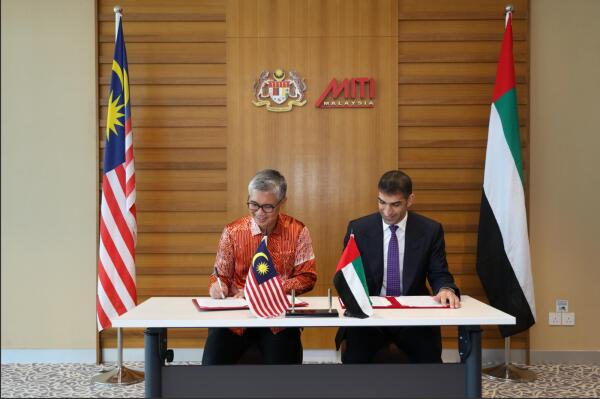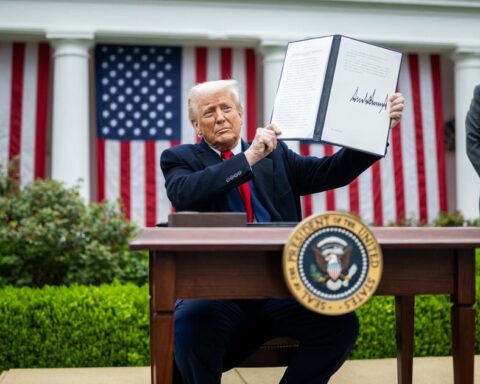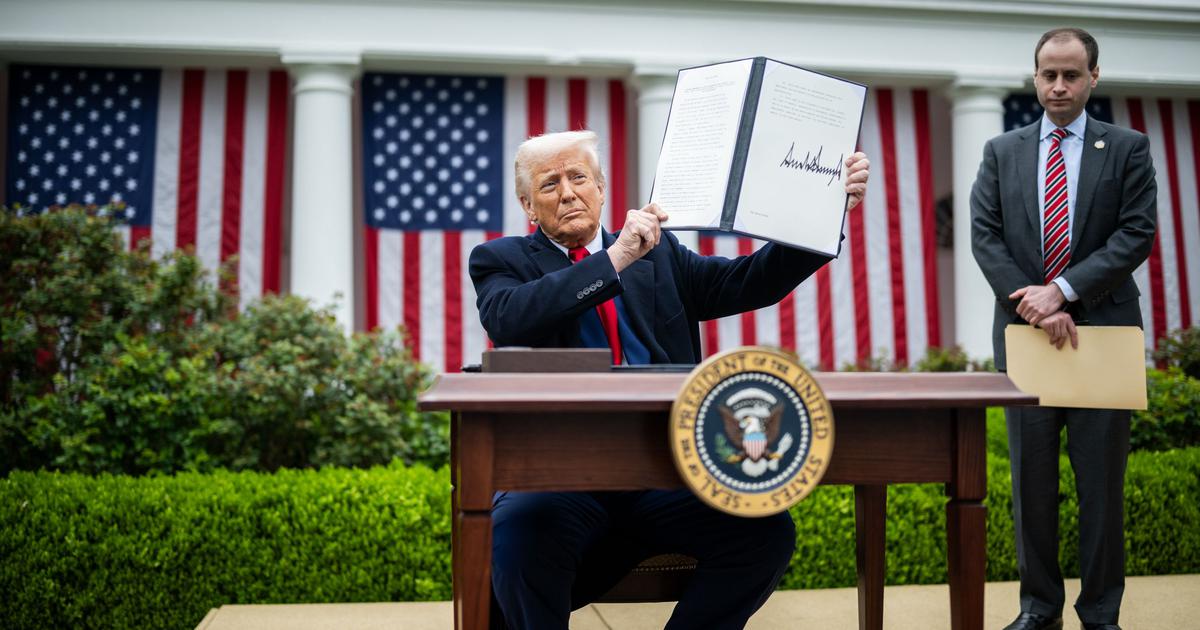Strengthening Economic Ties through Enhanced Non-Oil Trade, Investment, and Strategic Market Access
The UAE and Malaysia have successfully concluded negotiations for a Comprehensive Economic Partnership Agreement (Cepa), a landmark free trade agreement designed to boost bilateral non-oil trade and investment between the two nations. The agreement, signed by Dr. Thani bin Ahmed Al Zeyoudi, UAE Minister of State for Foreign Trade, and Zafrul Aziz, Malaysia’s Minister of Investment, Trade and Industry, marks a significant step toward fostering deeper economic collaboration.
The UAE’s Cepa programme, part of a broader initiative to expand non-oil foreign trade to Dh4 trillion, seeks to eliminate or reduce tariffs, minimize trade barriers, and establish new pathways for private sector collaboration and investment. The agreement with Malaysia is the latest in a series of successful partnerships following similar agreements with Indonesia and Cambodia.
Deepening UAE-Malaysia Economic Relations
The Cepa deal builds on the growing economic relationship between the UAE and Malaysia. In 2023, bilateral non-oil trade exceeded $4.9 billion, and in the first half of 2024, trade volumes rose to $2.5 billion, reflecting a 7% increase compared to the same period in 2023. Malaysia ranks as the UAE’s 12th-largest Asian trading partner, and fifth among ASEAN countries, while the UAE is Malaysia’s second-largest trading partner in the Arab world, accounting for 32% of Malaysia’s trade with Arab nations. Furthermore, the UAE is the destination for 40% of Malaysia’s exports to the Arab world, including high-demand products like electronics, machinery, jewellery, and foodstuff.
Mutual Benefits and Strategic Opportunities
Dr. Al Zeyoudi highlighted the significance of the Cepa, noting that it represents not only a milestone in UAE-Malaysia relations but also part of the UAE’s broader strategy to strengthen ties with Southeast Asia. “Malaysia is a long-standing and trusted trade partner. The Cepa will unlock substantial opportunities for our exporters, industrialists, and business leaders, especially in high-growth sectors such as energy, logistics, manufacturing, and financial services,” Al Zeyoudi said. He emphasized that this agreement reflects the UAE’s forward-looking vision to enhance its global trade and investment footprint.
Minister Zafrul Aziz emphasized Malaysia’s view of the UAE as a strategic hub for Malaysian exporters, enabling access to key markets in the Middle East, North Africa, and Europe. With the Cepa in place, Malaysian exports of electrical and electronic goods, machinery, jewellery, tropical fruits, and other key products will enjoy zero import duties in the UAE, opening new channels for trade growth.
Aziz also noted that the partnership would enhance opportunities for UAE-based companies in the ASEAN market, benefiting small and medium-sized enterprises (SMEs) through regional supply chain integration and knowledge sharing. “This is Malaysia’s first free trade agreement with a GCC nation, and we are confident it will bring tremendous opportunities for businesses in both countries,” Aziz added.
A Strategic Path to Economic Growth
The UAE’s Cepa programme is central to the nation’s economic diversification efforts, aimed at reducing reliance on oil revenues and strengthening its position as a global trade hub. By forging strategic partnerships like the Cepa with Malaysia, the UAE continues to expand its global trade networks, stimulate sustainable economic growth, and foster innovation across sectors.
With this historic agreement, both the UAE and Malaysia stand poised to reap significant economic benefits, deepening their ties and paving the way for greater collaboration across multiple industries. The Cepa marks a new chapter in UAE-Malaysia relations, promising enhanced trade, investment, and shared prosperity.
4o















